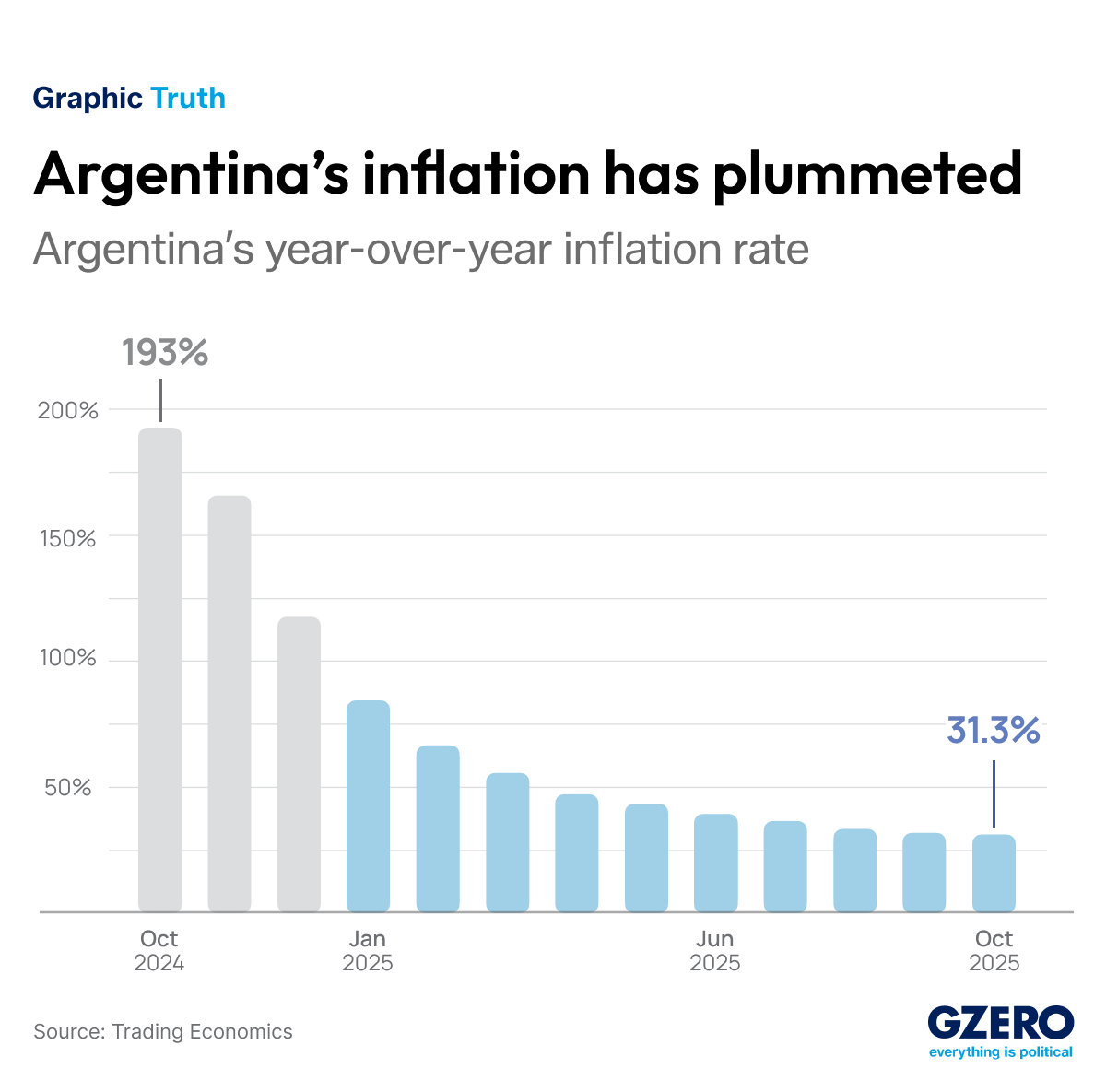Populist Climate Skeptics – Signalista Alex Kliment spotted the trend of far-right parties rallying against the costs of mitigating climate change early in coverage of the Finnish elections. Now similar ideas have found a foothold in Germany. Ahead of elections for the European Parliament later this month, the far-right Alternative for Germany party has added charges that climate change is a hoax to its attacks on Muslim migrants.
Somali entrepreneurs – The (important) good news is that Mogadishu, Somalia's capital, is emerging from decades of war. The (much less important) bad news is that better times bring more people and heavier traffic. Not to worry. As of May 1, we now have the Go! app to help us hail a motorcycle for a quick ride through the congestion. The service helps customers order a ride online or flag down a yellow-clad driver passing by on a yellow bike.
We're Ignoring: Ugly American Politics and Beautiful North Korean Defectors
Calls to Scrap the US Electoral College – In 2016, Donald Trump became the second Republican in 16 years to be elected president while receiving fewer votes than his Democratic opponent. That has led to calls to scrap the US "electoral college," the system by which candidates win presidential elections via delegates from individual states rather than a majority of votes cast. Not surprisingly, 74 percent of Republican voters want to keep the current system, and 78 percent of Democrats want to scrap it. Unfortunately for Democrats, this change would require a constitutional amendment passed by two-thirds of the House and Senate and approved by 38 states, or a constitutional convention called by 34 states. Both are highly unlikely.
Defector Beauties – This South Korean television show centers on attractive young women who have defected from North Korea and includes the kind of zaniness designed to boost TV ratings in the Internet era. It's almost too weird to ignore. But not quite.
